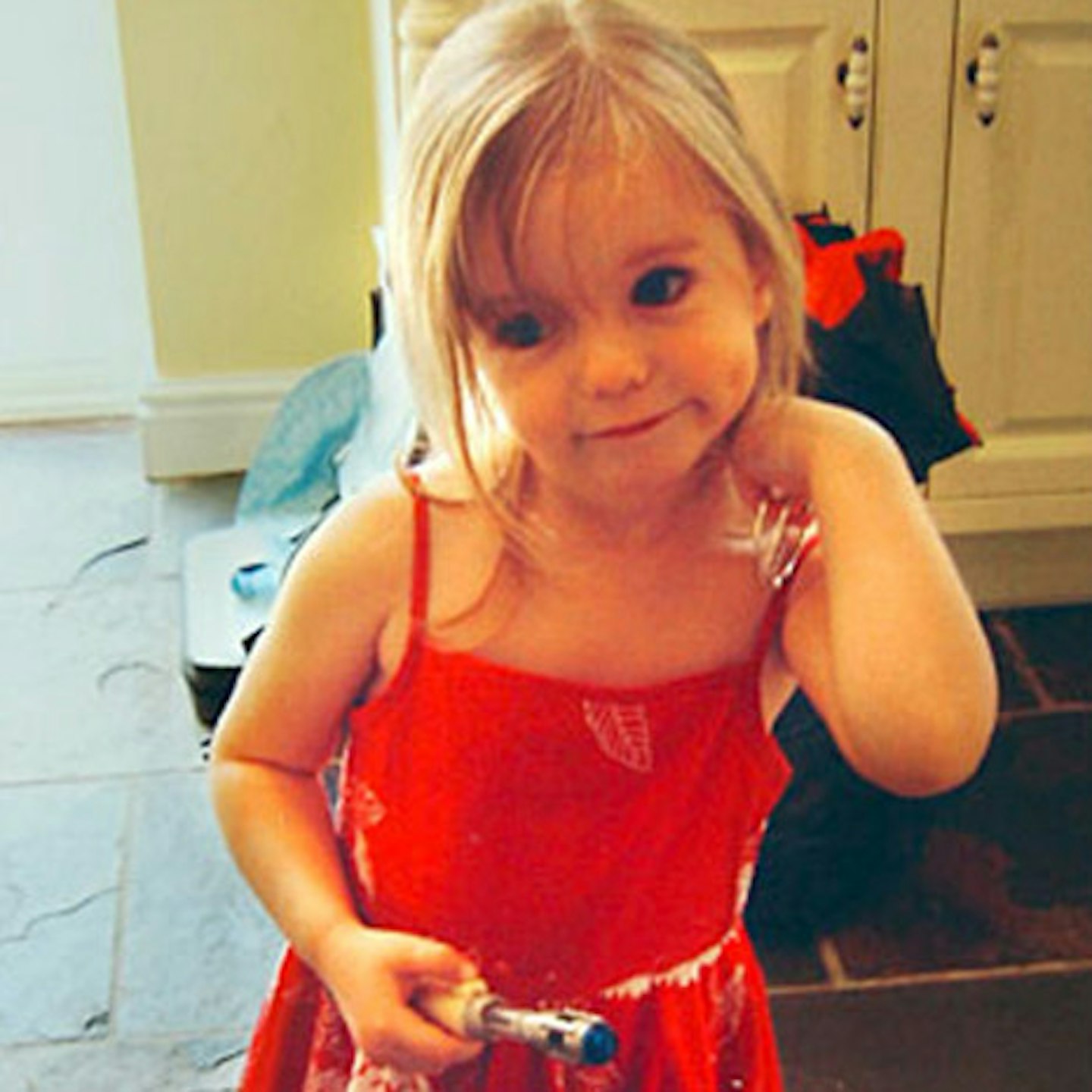Dr Joe Sullivan, an expert who has worked on the Madeleine McCann case, has taught the specialist skills to about 400 police officers in Durham.
Through the Intervene To Protect A Child (IPC) programme, the officers have been told about behavioural signs which could signal a prompt them to consider questioning an individual about their relationship with a child in their care - even if that individual had been spoken to for a different reason.
Certain explicit tattoos, particular clothing and even books may be indicative of someone who has a sexual interest in children.
Dr Sullivan has said he did not want to give more details about the indicators to the public, but that his knowledge has come from interviewing thousands of paedophiles.

"I have learned from that they have had to say, what are the key indicators that someone who may not have that level of knowledge may not pick up on.
"This training is about targeting frontline staff who are not working in the arena of child sexual exploitation."
PCSO Adam Grundy has already put his new training to good use after just two weeks, which led to him protecting a five-year-old girl.
He had become concerned after spotting a condom and a Viagra pill at the property of a man in his 80s during a routine call.
He said: "This guy was being very evasive with me when normally he would engage. He was very stand-offish and wanted me to leave.
"His personality had completely changed and that was something I referred back to in my training."

The PCSO made further investigations which established the man, who had a history of sexual offending against children, was visited by a woman with a young child.
Adam Grundy contacted Social Services and the man was barred from seeing the child.
Speaking about the innovative new training scheme, Durham’s chief constable, Mike Barton, said: "We are giving [officers] the confidence to recognise, if people wear certain clothing, if people have certain tattoos, if people behave in a certain way, that might be an indication.
"When you add these things together, that should give them the confidence to a frontline member of staff to do a bit more digging."
